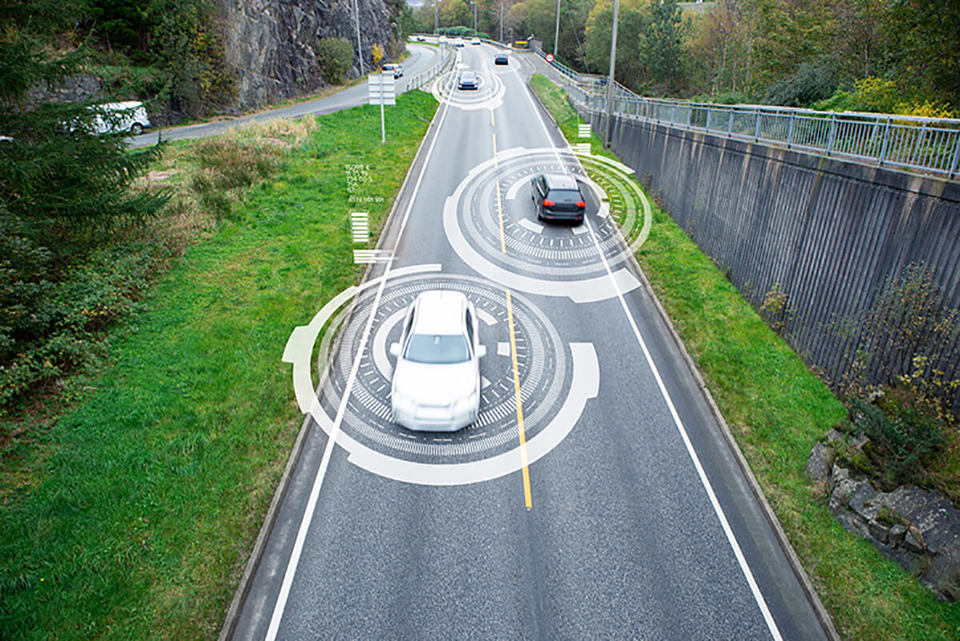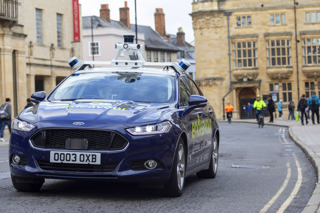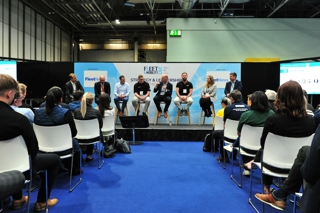Zenzic and Thatcham Research have announced plans for a consumer ratings scheme for automated driving systems.
Initially the independent rating will focus on automated lane keeping systems (ALKS), which could see motorists driving hands-free on UK motorways at limited speeds within a year.
The goal is that this project will act as a basis for consumer safety rating of future automated driving systems and it is anticipated that it will later be adopted by consumer safety organisations such as Euro NCAO.
Jonathan Hewett, chief executive of Thatcham Research, said: “The advent of automated driving promises to bring a host of benefits spanning safety, mobility and the environment.
“To realise this potential, we are developing an independent consumer safety rating scheme to foster confidence in the technology and its ability to control the vehicle.
“Not all automated driving systems will be made equal. Therefore, an independent consumer safety rating will drive best practice, while helping consumers to make informed choices and trust that it is safe to relinquish control.”
The project, which is funded by the Government’s Centre for Connected and Autonomous Vehicles, and coordinated by Zenzic, will be led by Thatcham Research.
Organisations from the CAM Testbed UK will work together to develop capabilities and test procedures that will evaluate future connected and automated mobility systems like ALKS.
Partners include Automotive Electronics Innovation (AESIN), Warwick Manufacturing Group (WMG, the Midland Future Mobility Testbed), HORIBA Mira (Assured CAV) and IDIADA (CAVWAY).
The future safety rating scheme will support the safe adoption of automated driving systems by giving UK motorists and insurers greater clarity around the performance and safe use of automated technology.
It aims to be the first of its kind in the world.
Mark Cracknell, head of connected and automated mobility (CAM) at Zenzic, added: “It is an extremely exciting time for CAM and the aims of this project will not only provide confidence in safety for both consumers and insurers, but it could also place the UK as a global leader in the introduction, adoption and use of automated driving systems.”
The project aims to have a proof of concept delivered in March 2022.






















Login to comment
Comments
No comments have been made yet.